A country of great opportunity and challenges
Due to the coup d'etat in 2012, Mali has been struggling with deep security political and social difficulties. These issues led to another coup d'etat in 2020 largely ending in further consolidation of military power. As reported by the INTERNATIONAL TRADE ADMINISTRATION, the 2020 coup led to broad economic sanctions by the Economic Community of West African States (ECOWAS). Despite the sanctions being lifted in July of last year, economic challenges persist, only worsened by the war between Russia and Ukraine leading to energy shortages in the country. Insecurity and lawlessness persist in the northern part of the country, although the order has largely been reinstated across the more populated southern and central regions (GGS's mining site is located in this area).
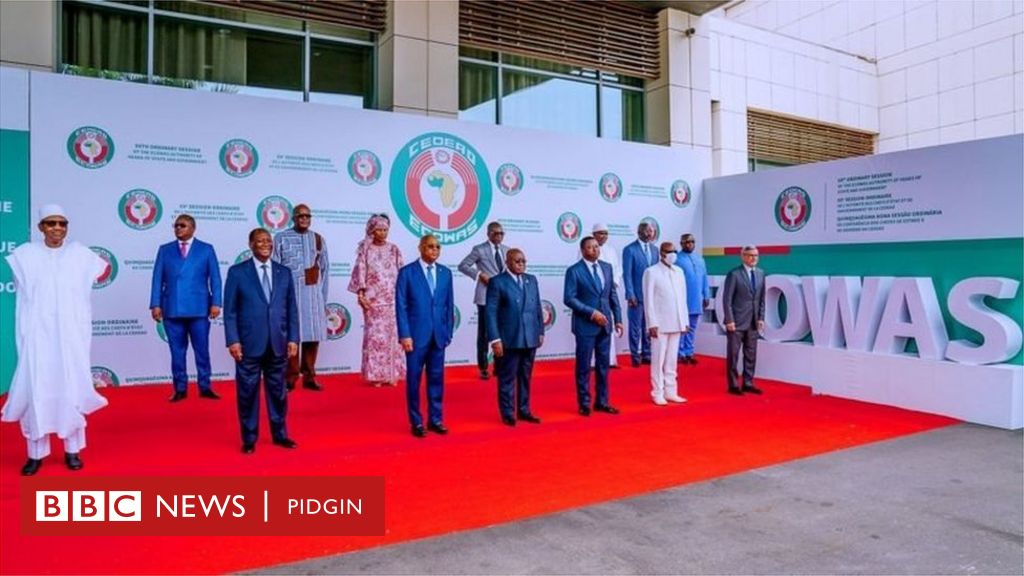
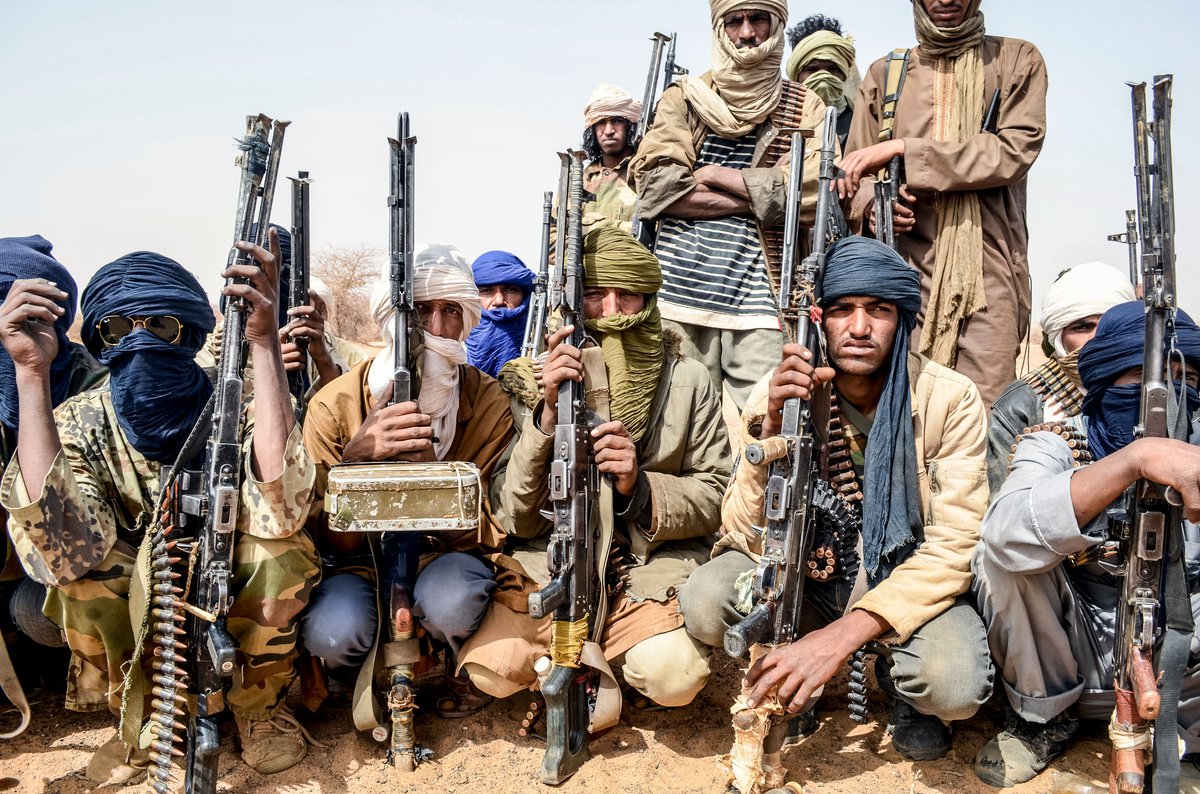
The main issues faced by the average citizen besides extremist violence, are the underdeveloped infrastructure and unreliable power grid. The volatile politics and uneducated populous lacking skilled workers have long made Mali, an undesirable target for foreign investments. Despite difficulties persisting, however, there are signs of a bright future ahead.
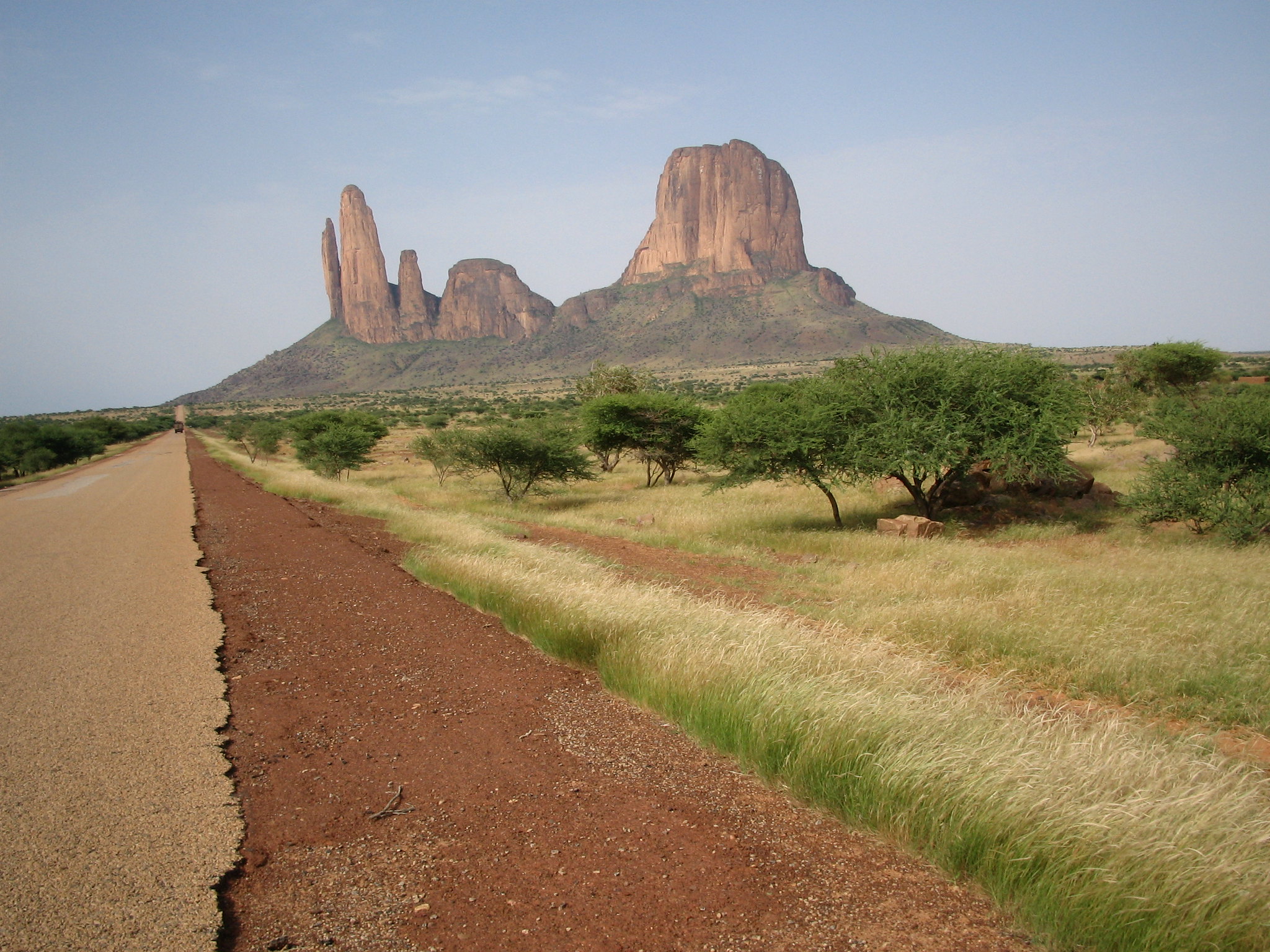
Trading partners and opportunities
France remains the country's most important trading partner. The previous colonial power, from which Mali gained its independence, plays a major role in Mali's economic policies and it helped stabilize the country after its initial coup d'etat with French troops fighting in the country to this day.

In recent decades, China has gained significant influence in the country, while Malinian entrepreneurs have made notable advancements in diversifying the country's economy away from its purely raw material-based production, through successful partnerships with European and American corporations. While Mali is not a significant trading partner of the United States exports and imports between the two countries have been on an upward trend. Furthermore, Russia, Turkey and the UAE have also made significant investments in the country.
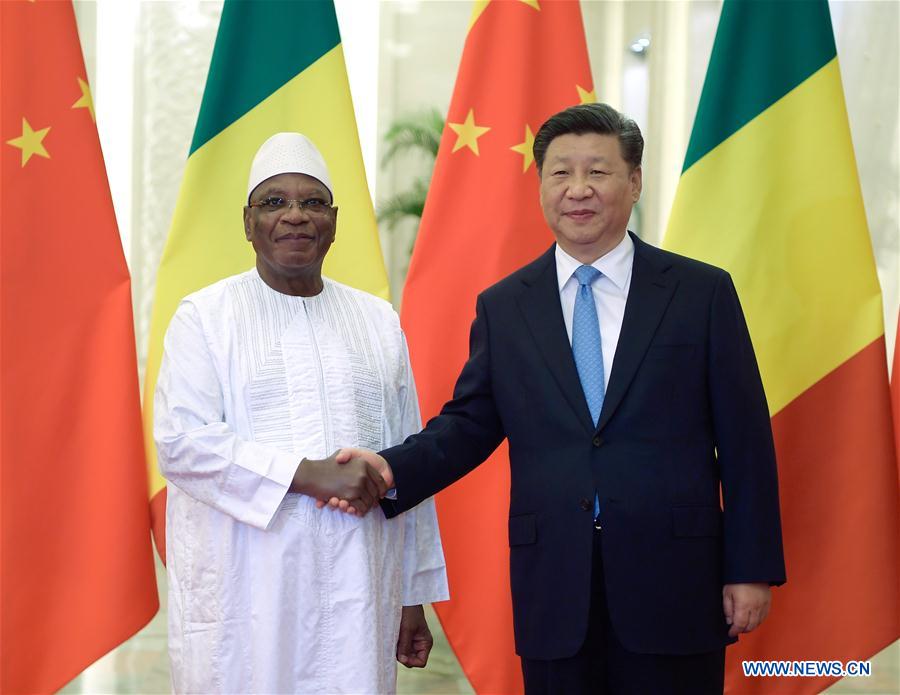
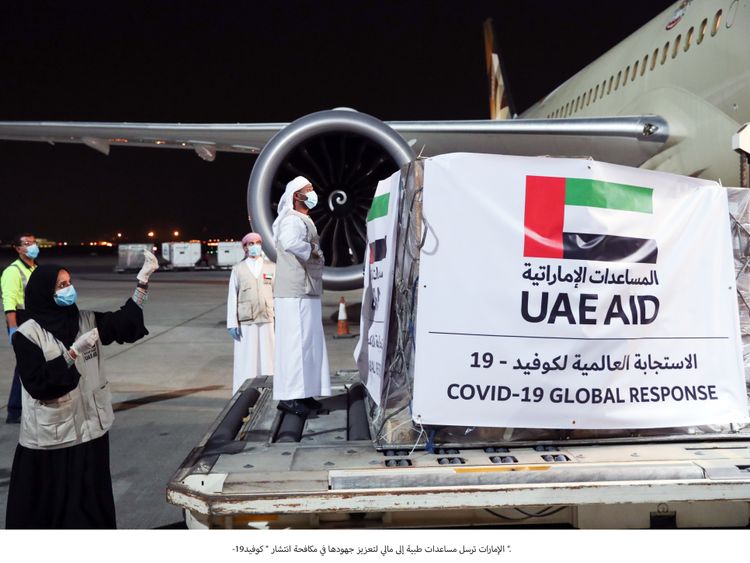
Being a member of the West African Economic and Monetary Union [WAEMU], Mali, despite the economic difficulties has long enjoyed a relatively stable currency in the form of the franc CFA.
By far, Mali's primary export and the centre point of its economy, and our interest is its massive gold reserves. As economic uncertainty during the pandemic and the Russo-Ukrainian war surged, gold exports surged reaching 65 tons. The mining sector will likely remain the most important part of the economy with the current government prioritizing its diversification through planned export of uranium, bauxite, phosphates, iron and lithium.
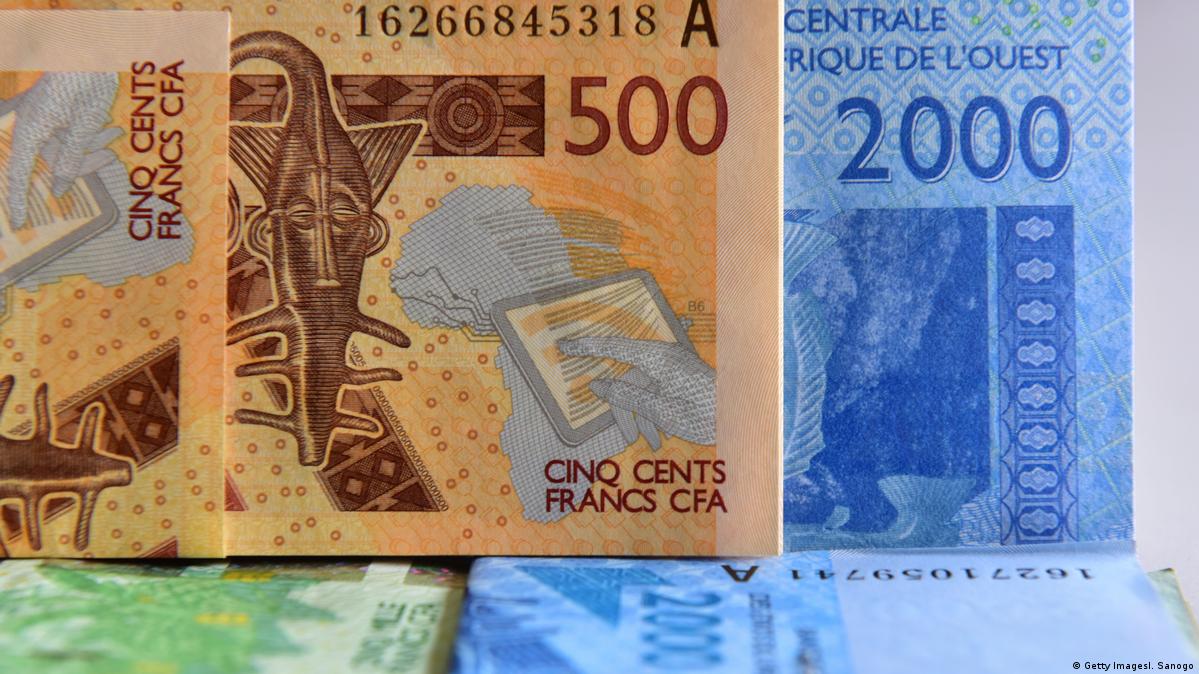

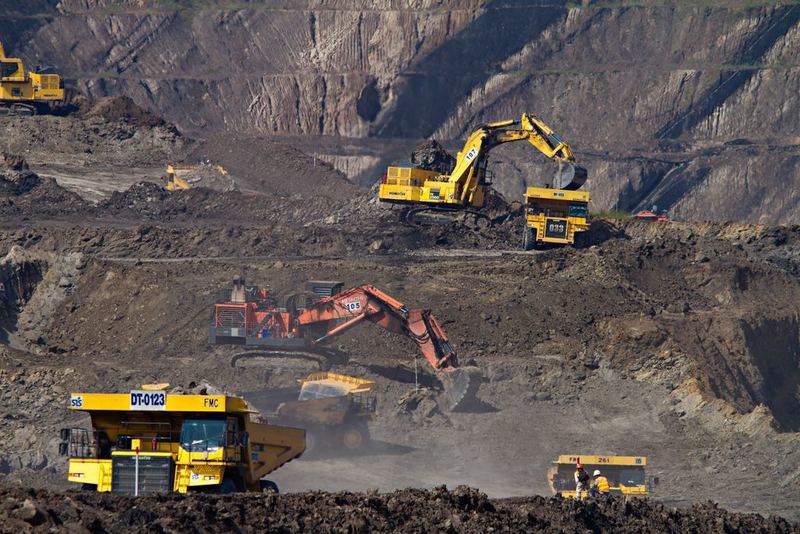
Foreign investment in eletric infrastructure
The primary support for infrastructural development comes from outside sources such as international institutions and corporations such as GGS. Thanks to Mali's regular rainfall and sunny weather, it provides ideal conditions for solar and hydropower generation. With national electricity access below 40%, the government is happy to accept any and all electrical infrastructure development. Roughly 400 MW of solar projects are currently in development including our own around the mining site.
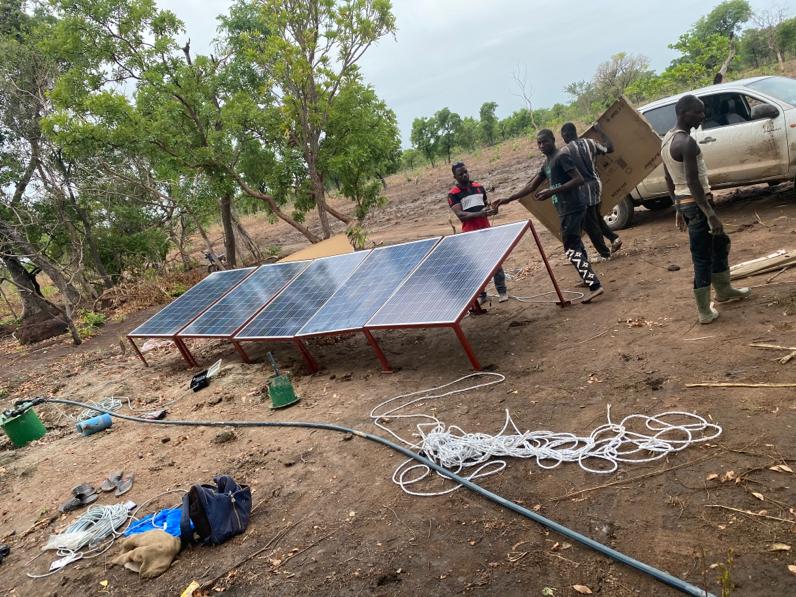
Mali's focus on the mining sector will likely remain prevalent due to the country's abundance of resources, however, according to the U.S Department of Commerce there is great potential in the country's incredibly young population to be turned into well-paid skilled labour and with the integration of international corporations the pharmaceutical, agricultural, telecommunication and manufacturing sectors can all see massive growth.
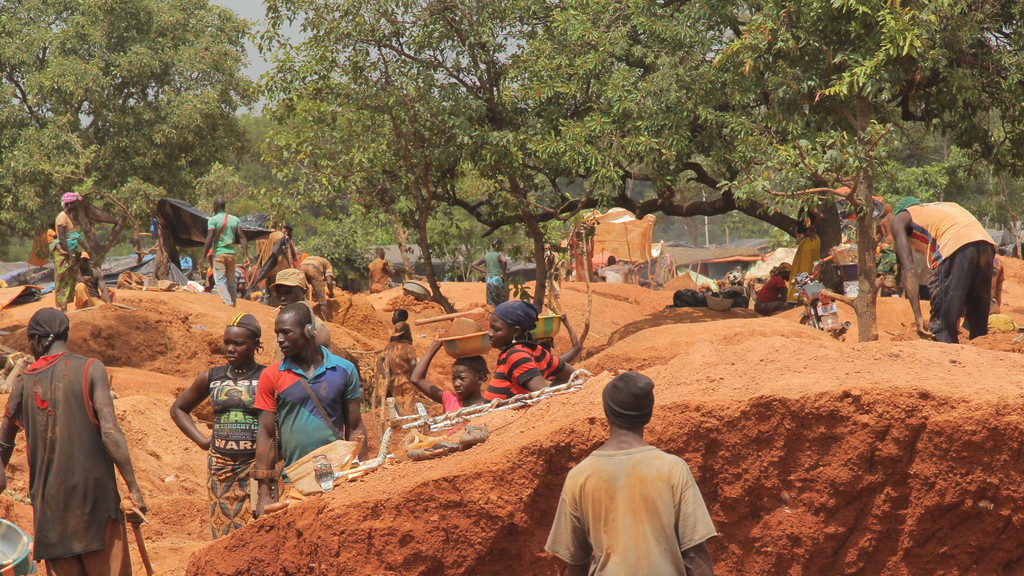

References:
International Institute for Environment and Development. (2019). Mali’s new mining law: an improvement, but fails artisanal miners. [online] Available at: https://www.iied.org/malis-new-mining-law-improvement-fails-artisanal-miners.
Barrick and Mali: inside a 20-year partnership. (2020). Mining Technology. [online] 23 Jan. Available at: https://www.mining-technology.com/features/barrick-and-mali-inside-a-20-year-partnership/ [Accessed 29 Jan. 2020].
www.euractiv.com. (2022). Will France quit Mali? Crunch time nears as junta defies Paris. [online] Available at: https://www.euractiv.com/section/global-europe/news/will-france-quit-mali-crunch-time-nears-as-junta-defies-paris/ [Accessed 7 Feb. 2023].
Africa Portal. (n.d.). The Sahel’s uphill battle to halt the expansion of Islamist extremism in 2020 - Part I. [online] Available at: https://www.africaportal.org/features/sahels-uphill-battle-halt-expansion-islamist-extremism-2020/ [Accessed 7 Feb. 2023].
Peltier, E. and Maclean, R. (2022). French Soldiers Quit Mali After 9 Years, Billions Spent and Many Lives Lost. The New York Times. [online] 15 Aug. Available at: https://www.nytimes.com/2022/08/15/world/africa/mali-france-military-operation.html.
Africa, C. (n.d.). Today in History : China-Mali relations. [online] CGTN Africa. Available at: https://africa.cgtn.com/2018/10/25/today-in-history-china-mali-relations/ [Accessed 7 Feb. 2023].
International Trade Institute (2022). Mali - Market Overview. [online] www.trade.gov. Available at: https://www.trade.gov/country-commercial-guides/mali-market-overview.
Marena Gold Mali. (n.d.). Marena Gold Mali. [online] Available at: http://www.marenagoldmali.com/ [Accessed 7 Feb. 2023].
Highlights from di ECOWAS ordinary summit wey hapun for Abuja. (n.d.). BBC News Pidgin. [online] Available at: https://www.bbc.com/pidgin/world-59622095 [Accessed 7 Feb. 2023].
Emerging Africa Infrastructure Fund. (n.d.). 25% electricity boost for Mali. [online] Available at: https://www.eaif.com/project/e122-million-power-station-brings-mali-25-electricity-boost/.
gulfnews.com. (n.d.). Coronavirus: UAE sends aid to Mali, Niger and Sierra Leone. [online] Available at: https://gulfnews.com/uae/government/coronavirus-uae-sends-aid-to-mali-niger-and-sierra-leone-1.71423076 [Accessed 7 Feb. 2023].
